ML for Solvers + Verification + Security
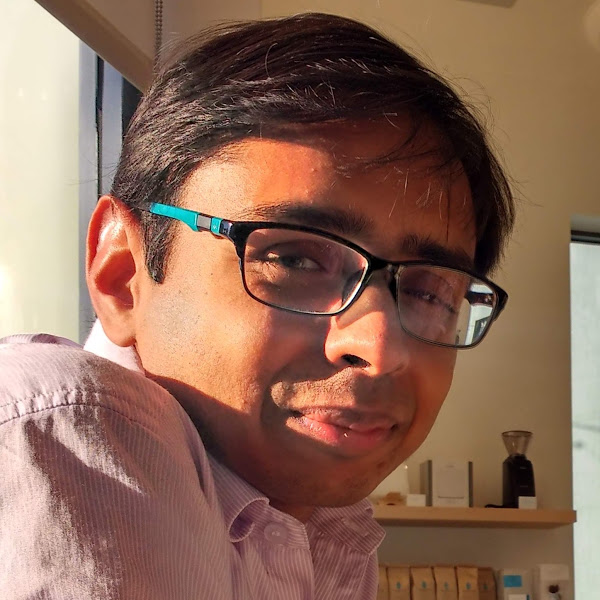
Kshitij Bansal
|
Talk Title: Machine Learning of Higher-Order Theorem ProvingBio: Kshitij Bansal is a research software engineer at Google working on improving automated theorem proving using deep learning and other machine learning techniques. Earlier, he completed his PhD at the Computer Science department at New York University in 2016 |
|
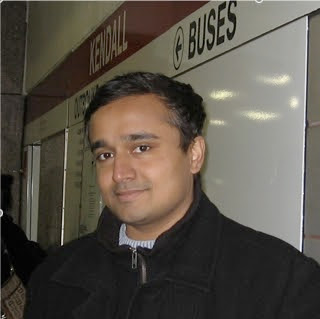
Vijay
Ganesh |
Talk Title: Machine Learning for SAT SolversBio: Dr. Vijay Ganesh is an associate professor at the University of Waterloo. Prior to joining Waterloo in 2012, he was a research scientist at MIT (2007-2012) and completed his PhD in computer science from Stanford University in 2007. Vijay's primary area of research is the theory and practice of automated mathematical reasoning algorithms aimed at software engineering, formal methods, security, and mathematics. In this context he has led the development of many SAT/SMT solvers, most notably, STP, Z3 string, MapleSAT, and MathCheck. He has also proved several decidability and complexity results in the context of first-order theories. He has won over 25 awards, honors, and medals to-date for his research, including an ACM Test of Time Award at CCS 2016, an Ontario Early Researcher Award 2016, two Google Faculty Research Awards in 2011 and 2013, and a Ten-Year Most Influential Paper citation at DATE 2008. |
|
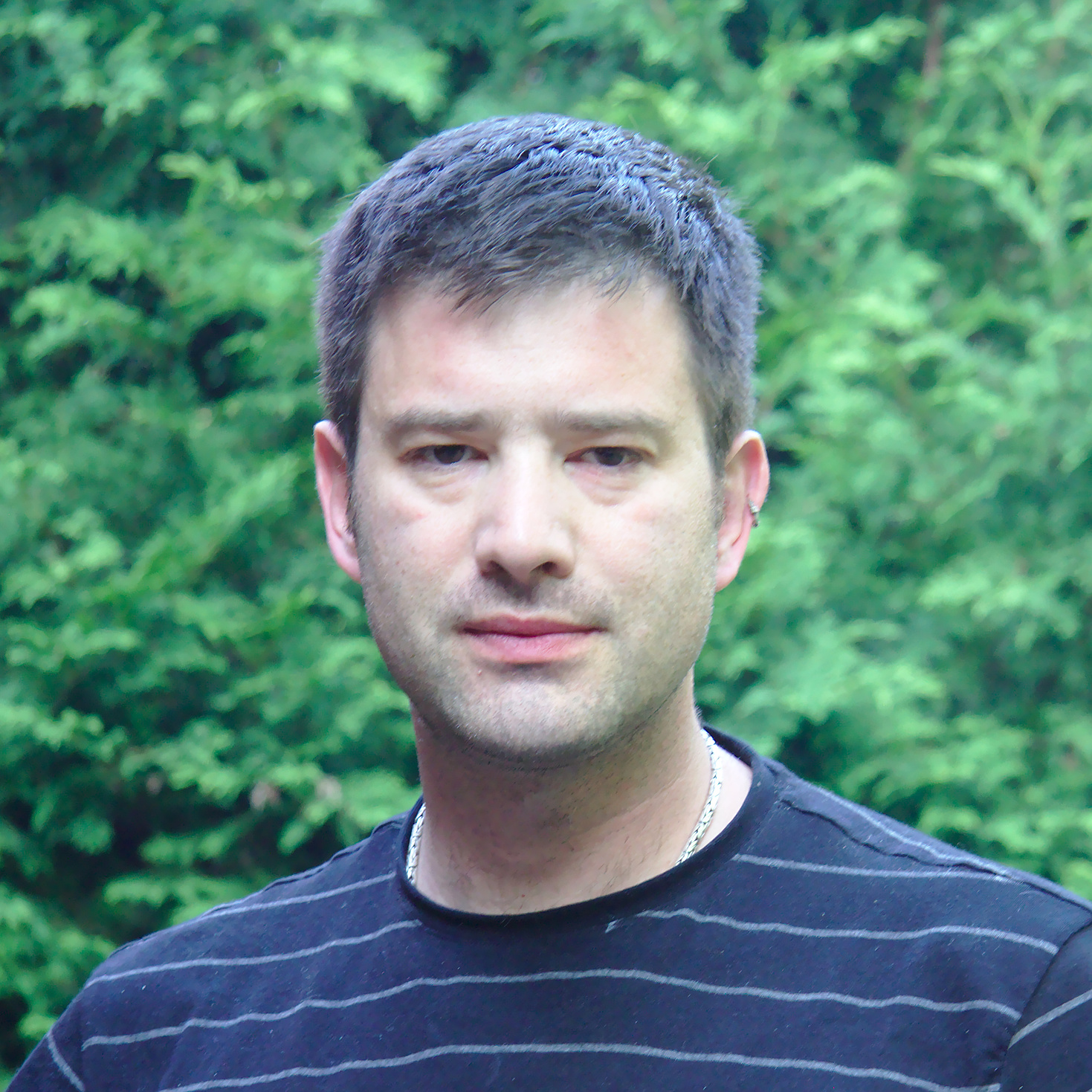
Arie Gurfinkel |
Talk Title: Machine Learning and Invariant SynthesisBio: Arie Gurfinkel is an Associate Professor in the department of Electrical and Computer Engineering with a cross appointment at the Cheriton School of Computer Science at the University of Waterloo. Computer systems are becoming smaller, faster, pervasive, ubiquitous, mobile, connected, adaptable, and "smart". We are increasingly becoming dependent on their correct operation. Yet, developing correct systems is challenging. The goal of his research is to help developing, testing, and verifying complex computer systems through automation. Hisprimary focus areas are Automated Program Analysis, Software Model Checking, Automated Reasoning, and Abstract Interpretation. |
|
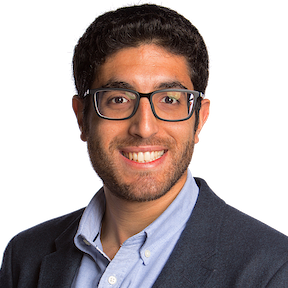
Elias Khalil |
Talk Title: Machine Learning for Integer Programming: Opportunities, Methods and ImpactBio: Elias Khalil is joining the University of Toronto as Assistant Professor of Industrial Engineering starting July 2020. Elias is spending the year as IVADO Postdoctoral Scholar at Polytechnique Montréal. He obtained his PhD in Computational Science and Engineering from Georgia Tech (2019), a MS in Computer Science from Georgia Tech (2014), and a BS in Computer Science from the American University of Beirut (2012). His research interests are in Artificial Intelligence with a focus on machine learning and discrete optimization. He is the recipient of an IBM Ph.D. Fellowship (2016-2017), the First Prize in the poster competition at INFORMS (2017) and the Best Paper Award at the NIPS Workshop on Frontiers of Network Analysis (2013). Elias has interned at IBM Research and Symantec Research Labs. |
|

Antonina Kolokolova
|
Talk Title: Proof Complexity of SAT/SMT SolversBio: Antonina Kolokolova is an Associate Professor at the Department of Computer Science , Memorial University of Newfoundland. Her research interests are in theoretical computer science, in particular complexity theory and logic, including proof complexity. She got her PhD in 2005 from the Department of Computer Science at the University of Toronto, supervised by Stephen Cook. |
|
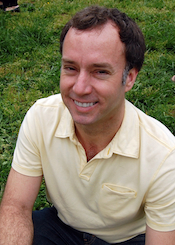
Craig Larson |
Talk Title: Automated Conjecturing in Mathematics - with the CONJECTURING ProgramBio: Craig Larson is an associate professor in the department of Mathematics and Applied Mathematics at Virginia Commonwealth University (VCU). Professor Larson is involved in the google brain project and is active in the automated conjecture discovery research community. Professor Larson has books in graph theory and linear algebra. |
|
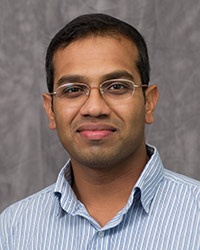
Mayur Naik
|
Talk Title: Learning to Reason about ProgramsBio: Mayur Naik is an Associate Professor of Computer and Information Science at the University of Pennsylvania. He received a Ph.D. in Computer Science from Stanford University in 2008, where his advisor was Alex Aiken, and an M.S. from Purdue University in 2003, where his advisor was Jens Palsberg. He was a researcher at Intel Labs, Berkeley from 2008 to 2011, and an Assistant Professor of Computer Science at Georgia Tech from 2011 to 2016 |
|
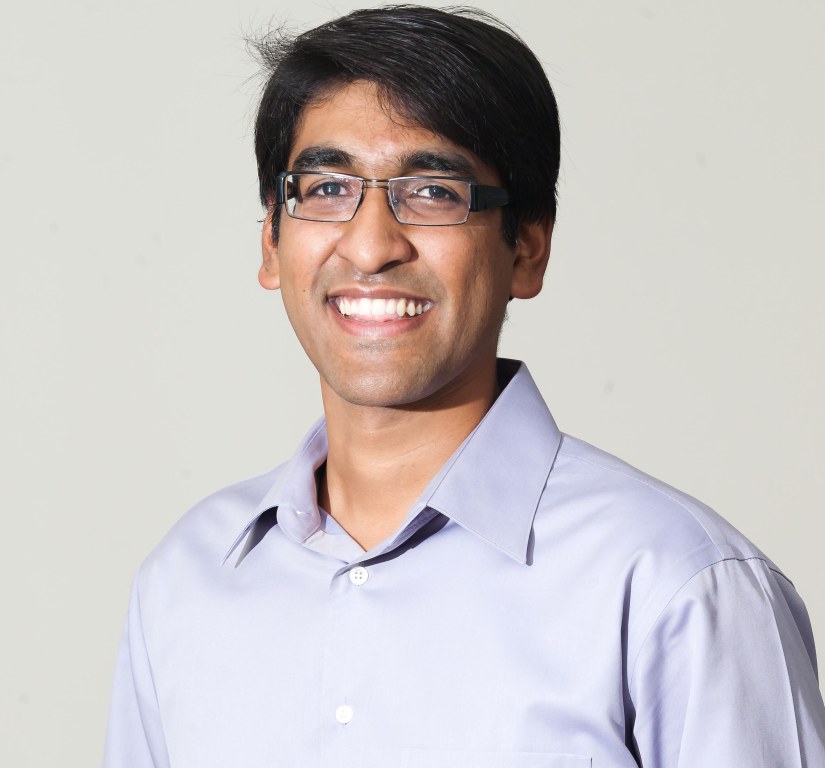
Prateek Saxena
|
Talk Title: The Symbiosis of Program Analysis and Machine LearningBio: Prateek Saxena is the Dean’s Chair Associate Professor in Computer Science at the National University of Singapore. His research is on computer security and privacy. His recent works address problems that intersect security and several other areas: distributed systems, machine learning, programming languages, hardware-rooted security, and formal methods. Several of his research papers have resulted in large-scale deployments in practice, especially in web sandboxing infrastructure for browsers and web application frameworks as well as in public blockchain platforms. He is a co-founder of a group of deep technology companies, including Zilliqa. He has received several awards including the MIT TR35 Asia, a Security & Privacy Award from Google, and the Sakrison award for outstanding dissertation work at UC Berkeley. |
|
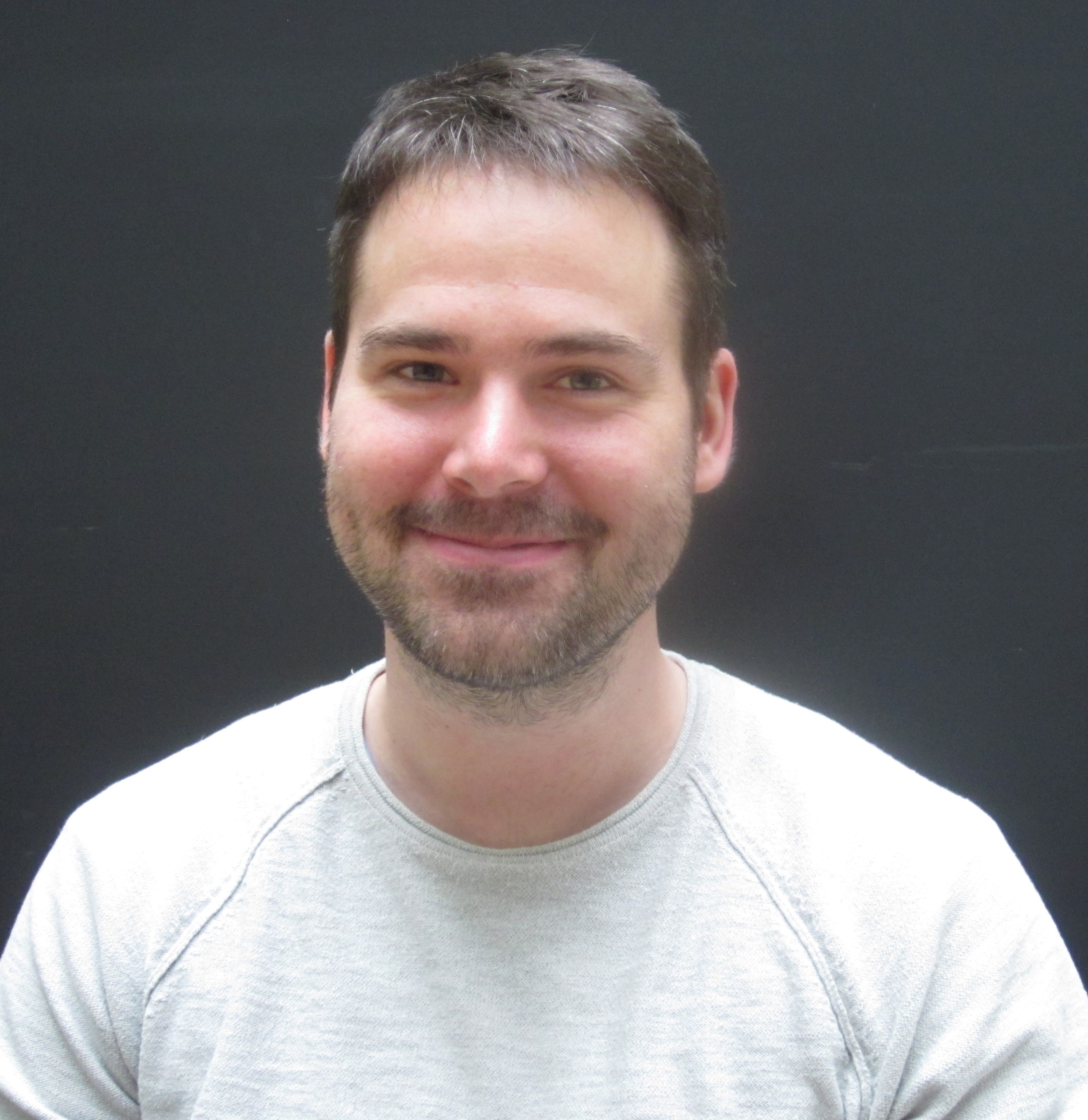
Sebastian Wetzel
|
Talk Title: Interpreting Neural Networks in the Context of Physical Phase DiagramsBio: Sebastian Wetzel is a postdoctoral researcher at the University of Heidelberg, where he works on the intersection between physics and machine learning. Before that, he studied physics and applied mathematics at the University of Heidelberg and the University of Cambridge. This fall, he will continue his research at the Perimeter Institute. |
|
Verification + Security of ML |
||
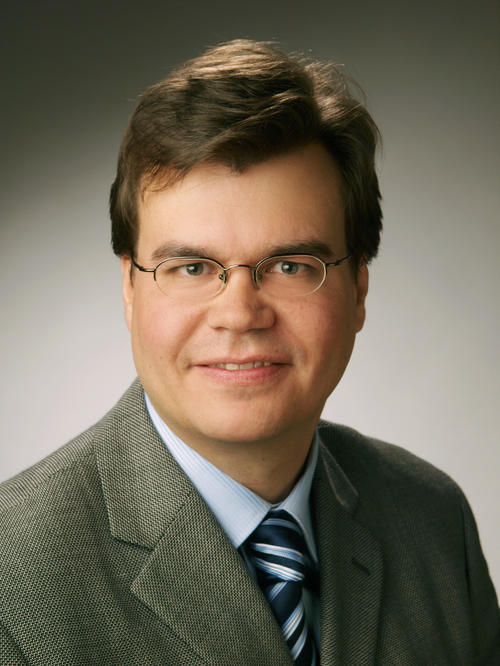
Florian Kerschbaum |
Talk Title: On the robustness of watermarking neural networksBio: Professor Florian Kerschbaum is a Associate professor in the David R. Cheriton School of Computer Science at the University of Waterloo (since 2017) and executive director of the Waterloo Cybersecurity and Privacy Institute (since 2018). Prior to Waterloo, Florian worked as chief research expert at SAP in Karlsruhe (2005 – 2016) and as a software architect at Arxan Technologies in San Francisco (2002 – 2004). Professor Kerschbaum holds a Ph.D. in computer science from the Karlsruhe Institute of Technology (2010) and a master's degree from Purdue University (2001). His interests lie in data security and privacy in data management, machine learning, and blockchains. He extend real-world systems with cryptographic security mechanisms to achieve (some) provable security guarantees. His work has been applied to products for databases, supply chain management and RFID tracking. |
|
|
Krzysztof Czarnecki
|
Talk Title: Assuring safety of machine-learned perception functions for automated drivingBio: Krzysztof Czarnecki is a Professor of Electrical and Computer Engineering at the University of Waterloo. Before coming to Waterloo, he was a researcher at DaimlerChrysler Research (1995-2002), Germany, focusing on improving software development practices and technologies in enterprise, automotive, and aerospace domains. He co-authored the book on "Generative Programming" (Addison- Wesley, 2000), which deals with automating software component assembly based on domain-specific languages. While at Waterloo, he held the NSERC/Bank of Nova Scotia Industrial Research Chair in Requirements Engineering of Service-oriented Software Systems (2008-2013) and has worked on a range of topics in model-driven systems and software engineering, including product lines engineering, design synthesis, variability modeling, model transformation, and domain-specific languages. He received the Premier's Research Excellence Award in 2004 and the British Computing Society in Upper Canada Award for Outstanding Contributions to IT Industry in 2008. |
|
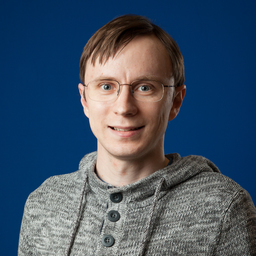
Alexey Kurakin |
Talk Title: Neural network verification of adversarial robustnessBio: Alexey Kurakin is a research software engineer in Google Brain. His research is focused on both adversarial attacks and defenses against adversarial examples. In his work Alexey showed that adversarial examples could fool systems which operate in the physical world, worked on scaling adversarial training to large datasets and organized first Adversarial Machine Learning competition at NIPS17. |
|

Bo Li |
Talk Title: Secure learning in adversarial environmentsBio: Dr. Bo Li is an assistant professor in the department of Computer Science at University of Illinois at Urbana–Champaign, and is a recipient of the Symantec Research Labs Fellowship. She was a postdoctoral researcher in UC Berkeley. Her research focuses on both theoretical and practical aspects of security, machine learning, privacy, game theory, and adversarial machine learning. She has designed several robust learning algorithms, a scalable framework for achieving robustness for a range of learning methods, and a privacy preserving data publishing system. She is also active in adversarial deep learning and generative models, as well as designing robust machine learning models against adversarial attacks. |
|
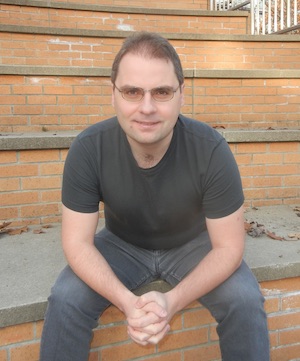
Aleksander Madry
|
Talk Title: Adversarial Robustness: Theory, Practice and BeyondBio: Aleksander Madry is an Associate Professor of Computer Science in the MIT EECS Department, a member of CSAIL and of the Theory of Computation group. He received his Ph.D. from MIT in 2011. Prior to joining the MIT's faculty, he spent a year as a postdoctoral researcher at Microsoft Research New England and then he was on the faculty of EPFL until early 2015. His research interests span and connect a broad spectrum of fields, from algorithms and continuous optimization, to science of deep learning and understanding machine learning from a robustness perspective. |
|
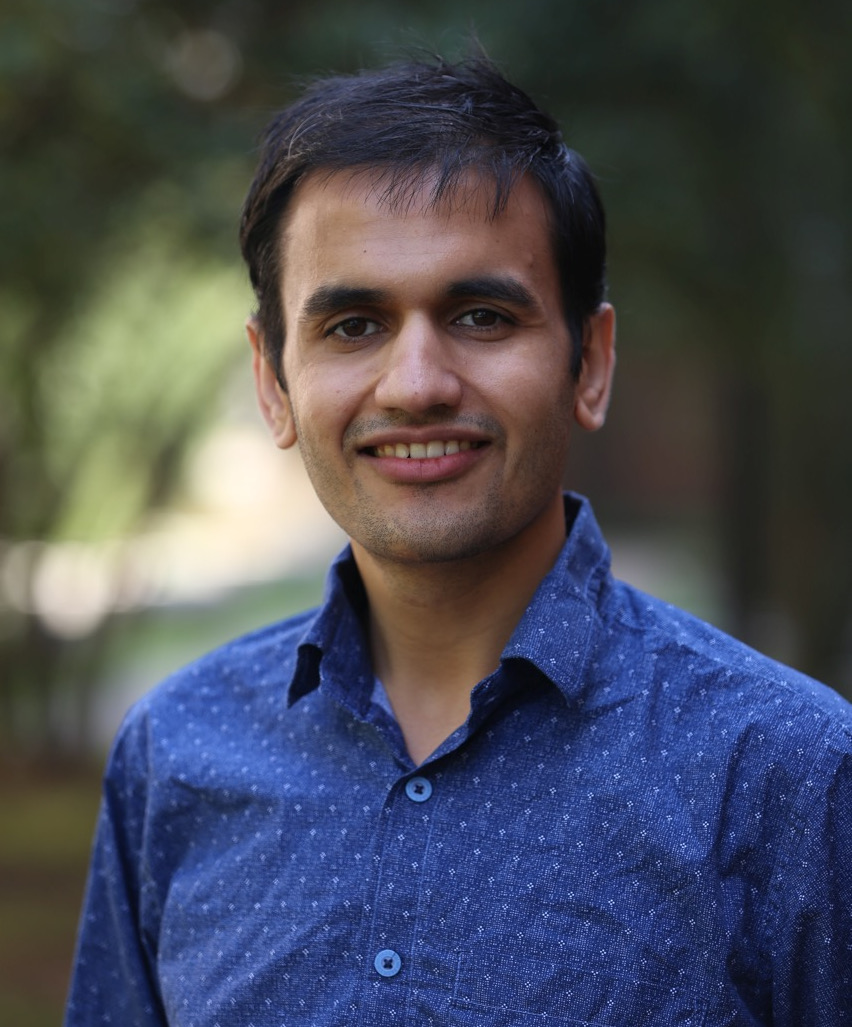
Kuldeep Meel
|
Talk Title: Towards Verifying AI Systems: Testing of SamplersBio: Kuldeep Meel is an Assistant Professor in the Computer Science Department of School of Computing at National University of Singapore, where he holds Sung Kah Kay Assistant Professorship. The broader goal of his research is to advance artificial intelligence techniques, which utilize ubiquity of data and formal methods, to enable computing to deal with increasingly uncertain real-world environments. |
|

Nina Narodytska |
Talk Title: Logic-based verification and explanation of neural networks.Bio: Nina Narodytska is a researcher at VMware Research. Prior to VMWare Research, she was a researcher at Samsung Research America, a postdoctoral researcher in the Carnegie Mellon University School of Computer Science and the University of Toronto. She received her PhD from the University of New South Wales in 2011. Nina works on developing efficient search algorithms for decision and optimization problems. She was named one of "AI's 10 to Watch" young researchers in the field of AI. She also received an Outstanding Paper Award at AAAI 2011 and an outstanding program committee member award at the Australasian Joint Conference on Artificial Intelligence 2012. |
|
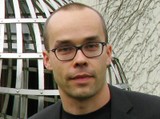
Dirk
Nowotka |
Talk Title: Robust Neural Networks.Bio: Dr. Dirk Nowotka leads the Dependable Systems group of the Computer Science department at Kiel University, Germany. Prior to joining Kiel as a Heisenberg-Professor in 2011, he was a research scientist at the Stuttgart University (2004-2011), Germany, where he gained his habilitation, and the ETH Zürich (2004), Switzerland. He completed his PhD in mathematics from the University of Turku (2004), Finland. Dirk's primary field of research is the theory and practice of automated mathematical and logical procedures for the safety and security analysis of software systems. One particular research interest of him is safety in the field of artificial intelligence. |
|
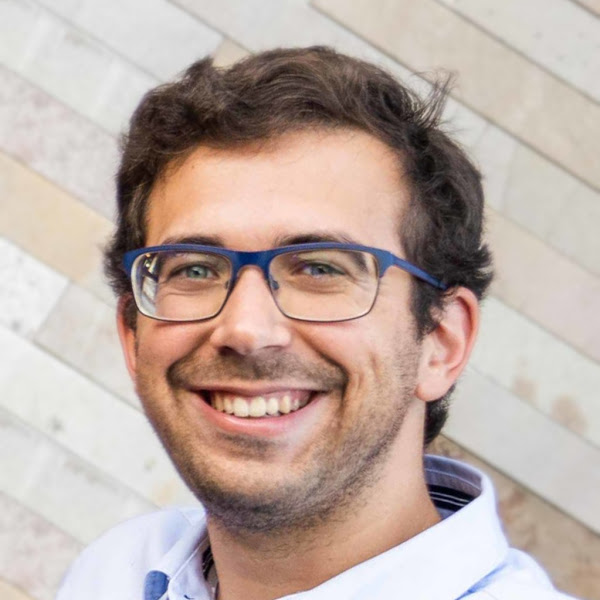
Nicolas Papernot |
Talk Title: A Marauder's Map of Security and Privacy in Machine LearningBio: Nicolas Papernot is a research scientist at Google Brain working on the security and privacy of machine learning. He will join the University of Toronto and Vector Institute as an assistant professor and Canada CIFAR AI Chair in the Fall 2019. He earned his Ph.D. in Computer Science and Engineering at the Pennsylvania State University, working with Prof. Patrick McDaniel and supported by a Google PhD Fellowship in Security and Privacy. Nicolas received a best paper award at ICLR 2017. He is also the co-author of CleverHans, an open-source library widely adopted in the technical community to benchmark machine learning in adversarial settings, and tf.Privacy, an open-source library for training differentially private models with TensorFlow. He serves on the program committees of several conferences including ACM CCS, IEEE S&P, and USENIX Security. In 2016, he received his M.S. in Computer Science and Engineering from the Pennsylvania State University and his M.S. in Engineering Sciences from the Ecole Centrale de Lyon. |
|
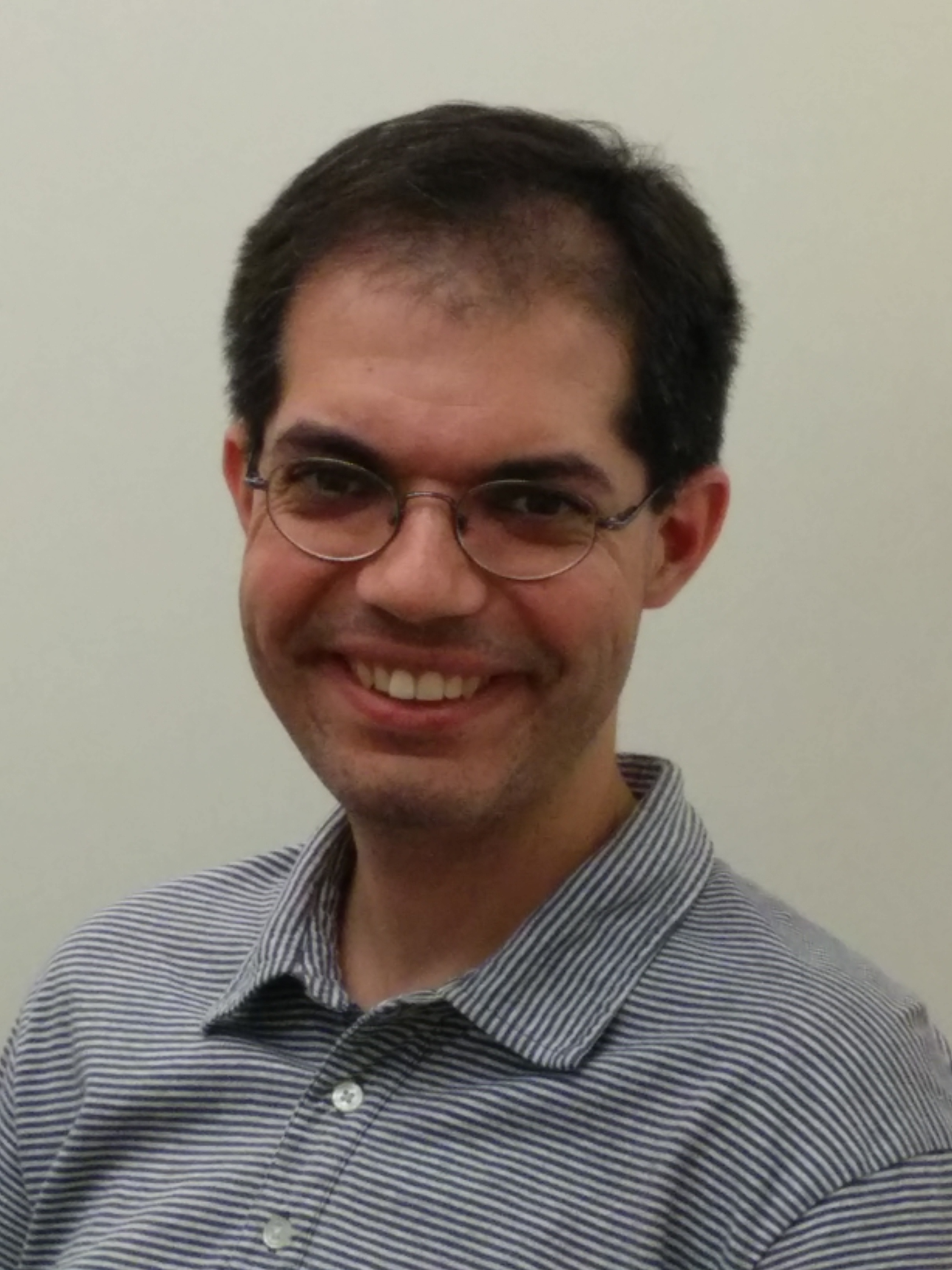
Pascal Poupart
|
Talk Title: Reinforcement Learning - An introduction and robustness issueBio: Pascal Poupart is a Full Professor in the David R. Cheriton School of Computer Science at the University of Waterloo, Waterloo (Canada). He is the Research Director of the Waterloo Borealis AI Research Lab funded by the Royal Bank of Canada. He is a faculty member of the Waterloo AI Institute and the Vector Institute. He serves as scientific advisor for Huawei Technologies and ProNavigator. He received the B.Sc. in Mathematics and Computer Science at McGill University, Montreal (Canada) in 1998, the M.Sc. in Computer Science at the University of British Columbia, Vancouver (Canada) in 2000 and the Ph.D. in Computer Science at the University of Toronto, Toronto (Canada) in 2005. His research focuses on the development of algorithms for reasoning under uncertainty and machine learning with application to Assistive Technologies, Natural Language Processing ad Telecommunication Networks. He is most well known for his contributions to the development of approximate scalable algorithms for partially observable Markov decision processes (POMDPs) and their applications in real-world problems, including automated prompting for people with dementia for the task of handwashing and spoken dialog management. Other notable projects that his research team are currently working on include deep learning with clear semantics, structure learning, personalized transfer learning, conversational agents, adaptive satisfiability, sports analytics and stress detection based on wearable devices. Pascal Poupart received a Cheriton Faculty Fellowship (2015-2018), a best student paper honourable mention (SAT-2017), a silver medal at the SAT-2017 competition, an outstanding collaborator award from Huawei Noah's Ark (2016), a top reviewer award (ICML-2016), a gold medal at the SAT-2016 competition, a best reviewer award (NIPS-2015), an Early Researcher Award from the Ontario Ministry of Research and Innovation (2008), two Google reserch awards (2007-2008), a best paper award runner up (UAI-2008) and the IAPR best paper award (ICVS-2007). He serves as associate editor of the Journal of Artificial Intelligence Research (JAIR) (2017 - present), member of the editorial board of the Journal of Machine Learning Research (JMLR) (2009 - present) and guest editor for the Machine Learning Journal (MLJ) (2012 - present). He routinely serves as area chair or senior program committee member for NIPS, ICML, AISTATS, IJCAI, AAAI and UAI. His research collaborators include Borealis AI, Huawei Technologies, Google, Intel, Ford, ProNavigator, SportLogic, Scribendi, Kik Interactive, In the Chat, Slyce, HockeyTech, the Alzheimer Association, the UW-Schlegel Research Institute for Aging, Sunnybrook Health Science Centre and the Toronto Rehabilitation Institute. |
|

Martin Rinard
|
Talk Title: Correctness verification of neural networksJoint with Yichen YangBio: Dr. Rinard is a Professor in the Department of Electrical Engineering and Computer Science at the Massachusetts Institute of Technology and a member of the Computer Science and Artificial Intelligence Laboratory. His research focuses on software systems and related topics, including computer security, program analysis and compilation, machine learning and programming, approximate computing, and software robustness and reliability. Dr. Rinard's research has been recognized with many honors and awards. His students and postdocs have gone on to top positions in academia and industry. |
|
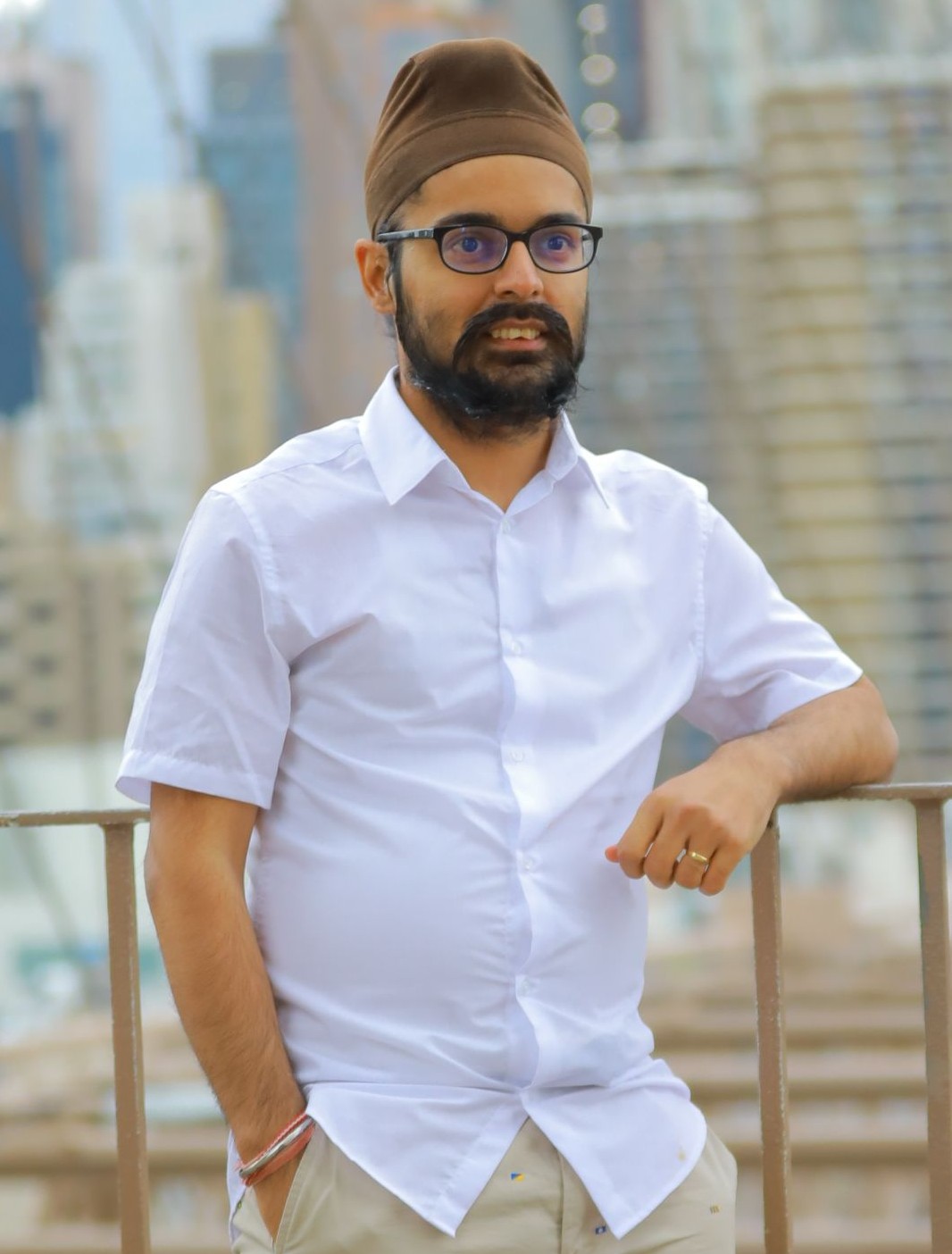
Gagandeep Singh
|
Talk Title: Safe and Robust Deep LearningBio: Gagandeep Singh is a Ph.D. candidate at ETH Zurich, Switzerland supervised by Prof. Martin Vechev and Prof. Markus Püschel. He completed his Masters from ETH Zurich and Bachelors from Indian Institute of Technology, Patna. His research interests lie at the intersection of automated reasoning and machine learning. During his Ph.D. work, he has built several systems now used in both academia and industry, including ELINA, a state-of-the-art library for fast numerical program analysis and ERAN, a state-of-the-art verifier for the neural network robustness. |
|
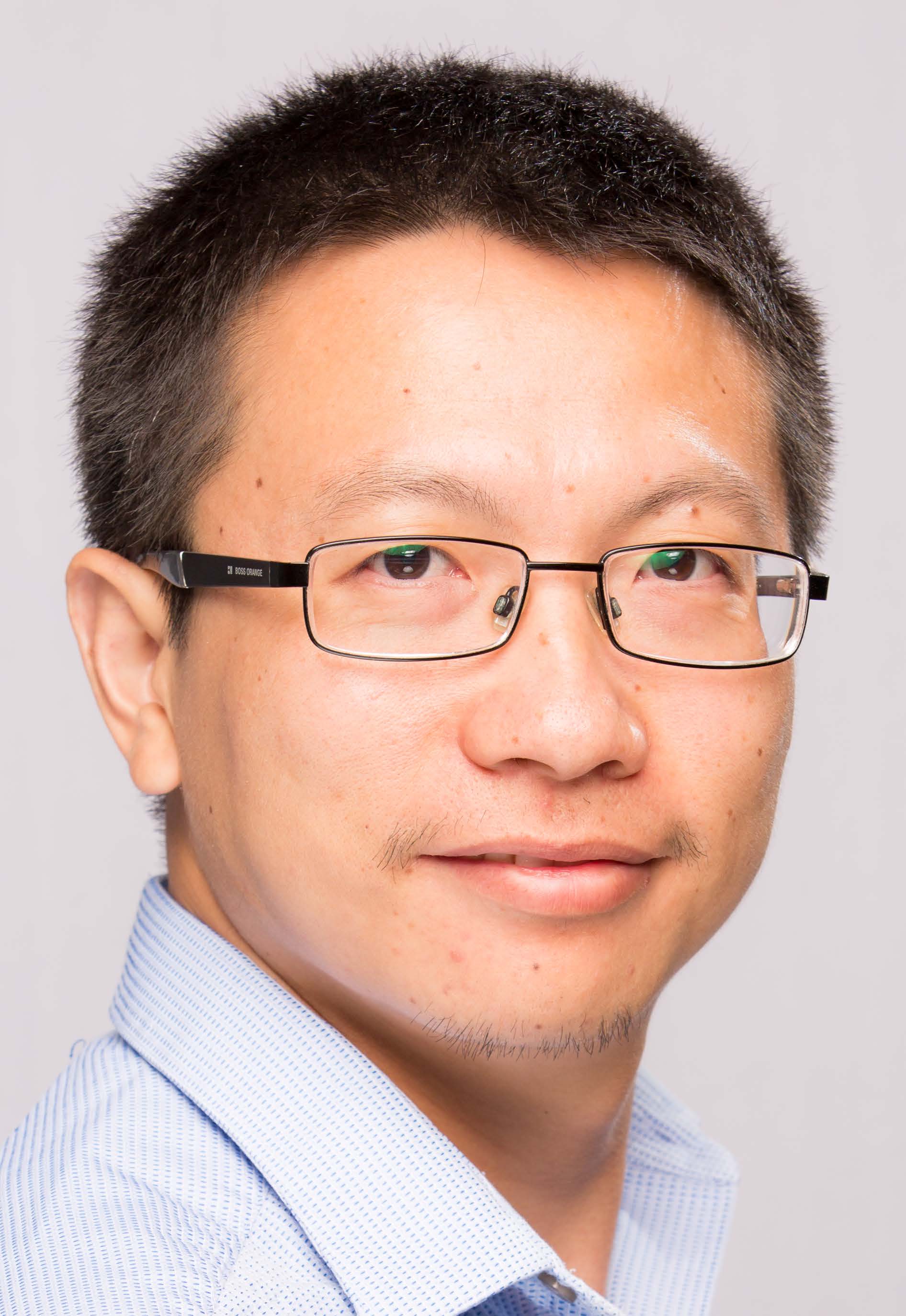
Yaoliang Yu
|
Talk Title: Adversarial Machine Learning: Old and NewBio: Yaoliang Yu is currently an assistant professor in the David R. Cheriton School of Computer Science at University of Waterloo. He obtained his PhD from the computing science department of Univerisity of Alberta in 2013, and he spent two wonderful postdoctoral years at CMU. His main research interests include robust regression and classification, representation learning, kernel methods, collaborative filtering, topic models, convex and nonconvex optimization, distributed system, and applications in computer vision, genetics, healthcare, and multimedia. |
|

Yichen Yang
|
Talk Title: Correctness verification of neural networksJoint with Martin RinardBio: Yichen Yang is a PhD student in the MIT Department of Electrical Engineering and Computer Science and a member of the MIT Computer Science and Artificial Intelligence Laboratory, working with Prof. Martin Rinard. His current research focuses on formalizing and verifying correctness of neural networks. Prior to MIT, he obtained his Bachelor’s and Master’s degree from University of Cambridge (2014-2018). | |